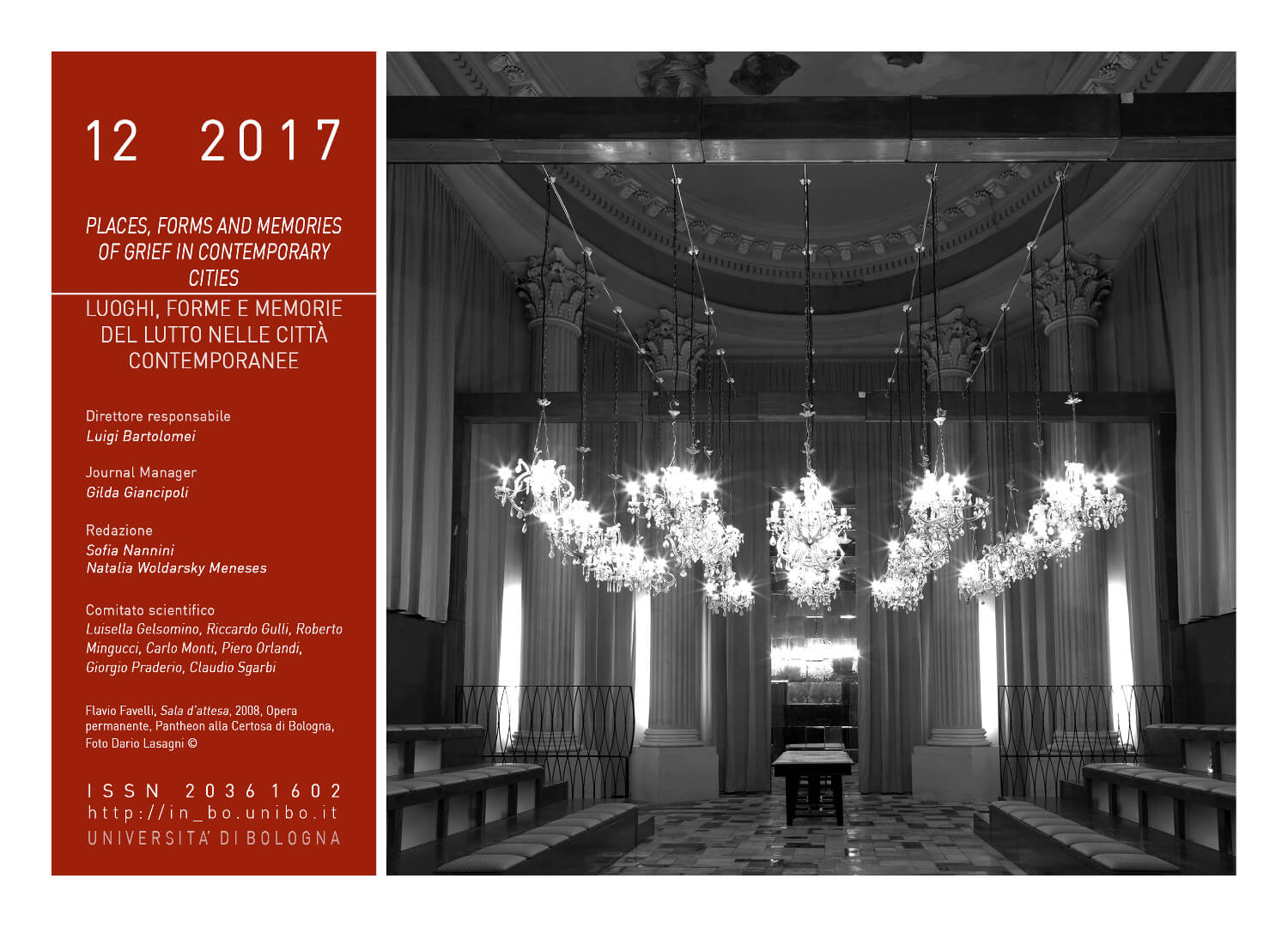Urban Poverty and civic Tradition of Acceptance
DOI:
https://doi.org/10.6092/issn.2036-1602/7871Keywords:
City, Hospitality, Social inequalities, Securitarianism, Medieval hospital architectureAbstract
Cities are haunted by people living without any form of civil rights, welfare, health, social relations: homeless, nomads, “illegal” immigrants, walkers and wanderers, refugees and stateless, beggars, amputees in wars having place far from the safe Europe. Their existence generates mistrust and suspicion on one hand, challenging on the other the civil conscience of the contemporary society. It is a sort of memento mori: an incumbent mourning for the possible loss of citizen status. The historic city has proved capable of hosting marginalisation and deviance, through institutions or architectural devices. Does the neoliberal city, generating social inequalities and managed in the name of security, still has room for such unsettled and unsettling presences? Can it treat them only as “waste” or, vice versa, grant them the dignity of a different dwelling within a universal coexistence?Downloads
Published
2018-07-10
How to Cite
Agostini, I. (2017). Urban Poverty and civic Tradition of Acceptance. IN_BO. Ricerche E Progetti Per Il Territorio, La Città E l’architettura, 8(12), 6–21. https://doi.org/10.6092/issn.2036-1602/7871
Issue
Section
Invited Speakers
License
Copyright (c) 2018 Ilaria Agostini
Copyrights and publishing rights of all the texts on this journal belong to the respective authors without restrictions.
This journal is licensed under a Creative Commons Attribution-NonCommercial 4.0 International License (full legal code).
See also our Open Access Policy.
Metadata
All the metadata of the published material is released in the public domain and may be used by anyone free of charge. This includes references.
Metadata — including references — may be re-used in any medium without prior permission for both not-for-profit and for-profit purposes. We kindly ask users to provide a link to the original metadata record.







